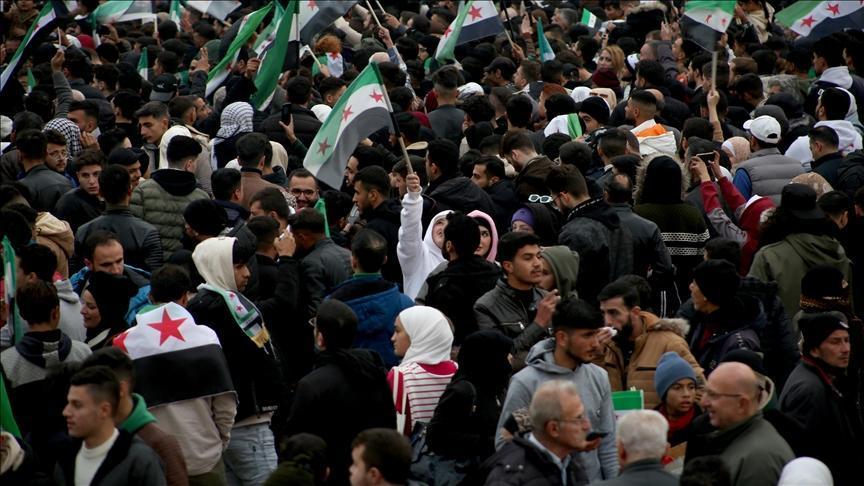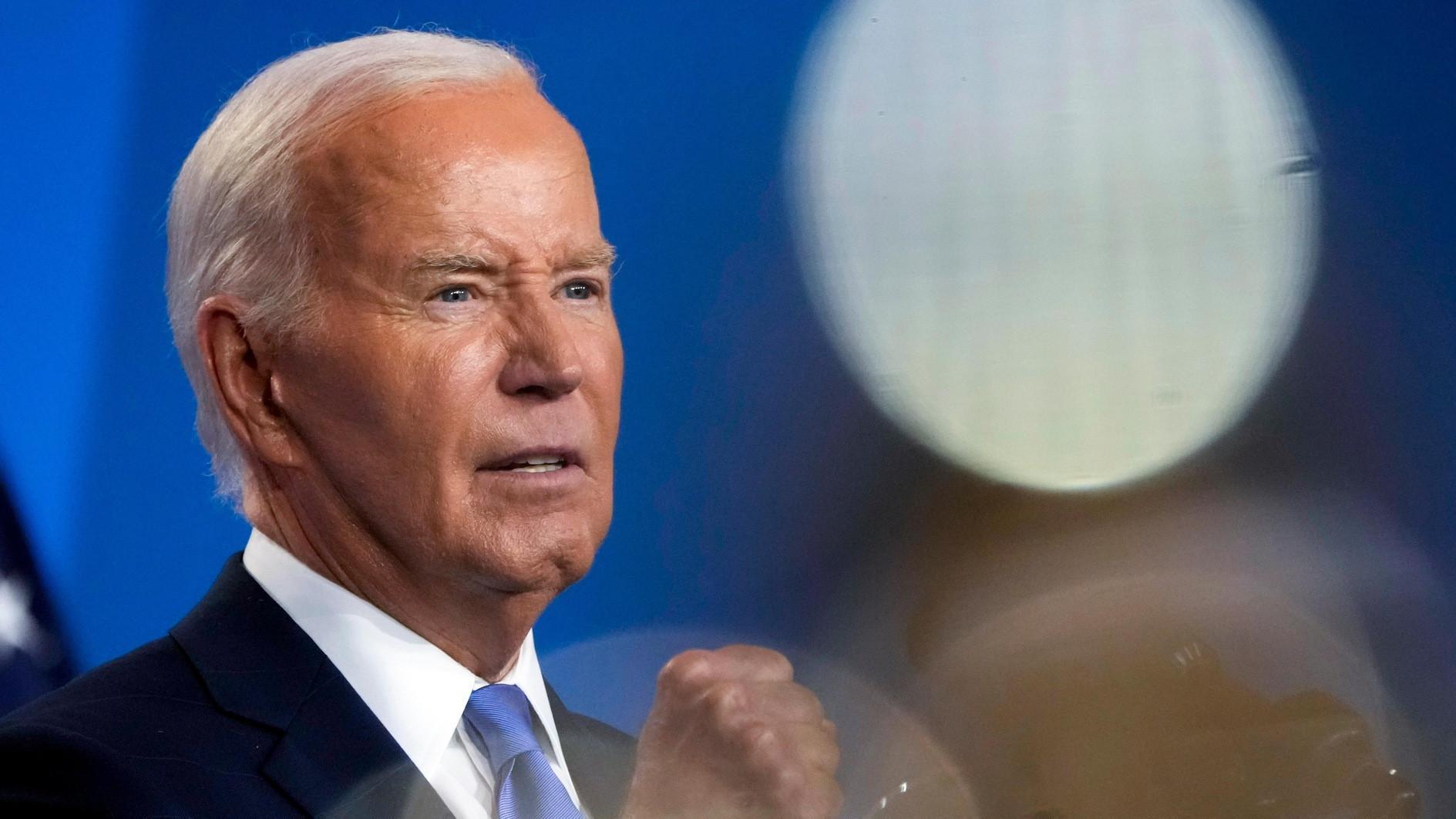'Famagustanizing' the Cyprus problem
Greek Cypriot President Nikos Anastasiades is busy crafting some strategies aimed at portraying a non-starter confidence building measure as a landmark initiative that could usher in a new era of Cyprus peacemaking.
The proposal is almost three decades old, probably older; the Turkish side handing back Famagusta’s Varosha suburb – a ghost town since 1974 but once upon a time a sprawling tourist resort – to its “lawful Greek Cypriot owners” in exchange of some Greek Cypriot confidence building offers to Turkish Cypriots. The contents of the tit-for-tat package varied a lot over the past three decades but in essence nothing has changed. Greek Cypriots never ever accepted a package with meaningful compromises that might ease the hardships of Turkish Cypriots. They always tried to score big with some palliative gestures. Thus, all efforts failed.
Most lately, after the 2004 collapse of the UN’s so-called Annan peace plan with Greek Cypriots rejecting it and Turkish Cypriots endorsing it in separate referenda, The Finnish and the Belgian term presidents tried in vain to rehash the package with some illuminative additions. Alas, Greek Cypriots were interested only in the taking but adamantly against any giving, efforts were destined to collapse in a dead-end.
Despite this intense history of the Varosha popping up frequently, separate to the “comprehensive settlement efforts,” in anticipation that it could serve the progress of the overall peace deal, there have always been people saying the singled-handed Varosha approach could “Famagustanize” the Cyprus problem.
Anastasiades is trying to woo the Greek Cypriot national council – an advisory body comprised of party leaders and the archbishop of Cyprus – on a four-stage “new” confidence building measure on Varosha. The first stage of the proposal calls for the reconstruction of the infrastructure (roads, gas, water, electricity and such) and handing over of Varosha to its “lawful owners.” The second stage would be the opening of Turkish ports and airports to Greek Cypriots and “Ankara normalizing relations with Cyprus.” The third stage would be to lift the Greek Cypriot embargo on the opening of eight negotiating chapters and the last stage would be the “free circulation” of Turkish Cypriot products in the EU area. How? Through the co-management of the Famagusta Port under the supervision of the EU.
This proposal, which does not include opening the Turkish Cypriot Ercan airport (Timbou) to international traffic, is of course not something worth negotiating. Indeed, so far Turkish Cypriots and Ankara rebuffed all efforts of intermediaries, particularly Stephan Füle, the EU commissioner, saying “No way.” But not only Turks, most Greek Cypriot leaders share criticism that the offer might kill comprehensive settlement efforts and Famagustanize the peace process. Greek Cypriots, of course, are scared that once spelled out, some flesh might be added to the package for Turkish Cypriot taste – such as the opening of Ercan – as well.
The Greek Cypriot latest confidence building measure offer is expected to be conveyed to the Turkish Cypriot side within a week or so through Füle, who surprisingly surrendered to Greek Cypriot demands not to play a mediating role or assume the role of a “bridge maker” but to be “just a messenger.”
In the absence of the opening of Ercan under some formula for Turkish Cypriot use or for the mutual use of the two peoples, no Greek Cypriot offer will be worth considering. Anyhow, by appointing Ambassador Andreas Mavroiannis as chief negotiator and downsizing the post, Anastasiades demonstrated what importance he attaches to the peace talks process.











